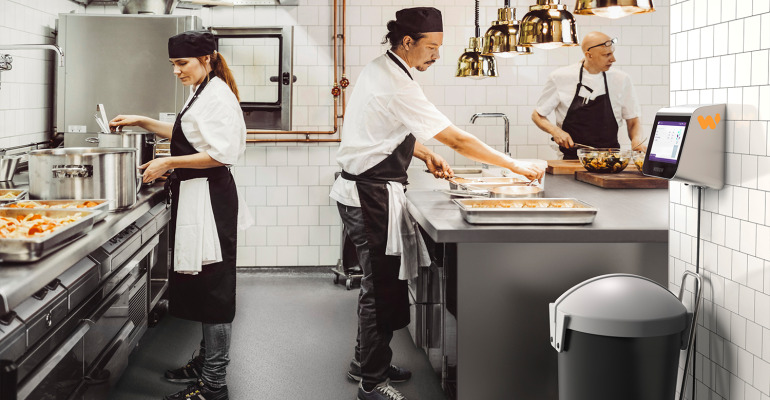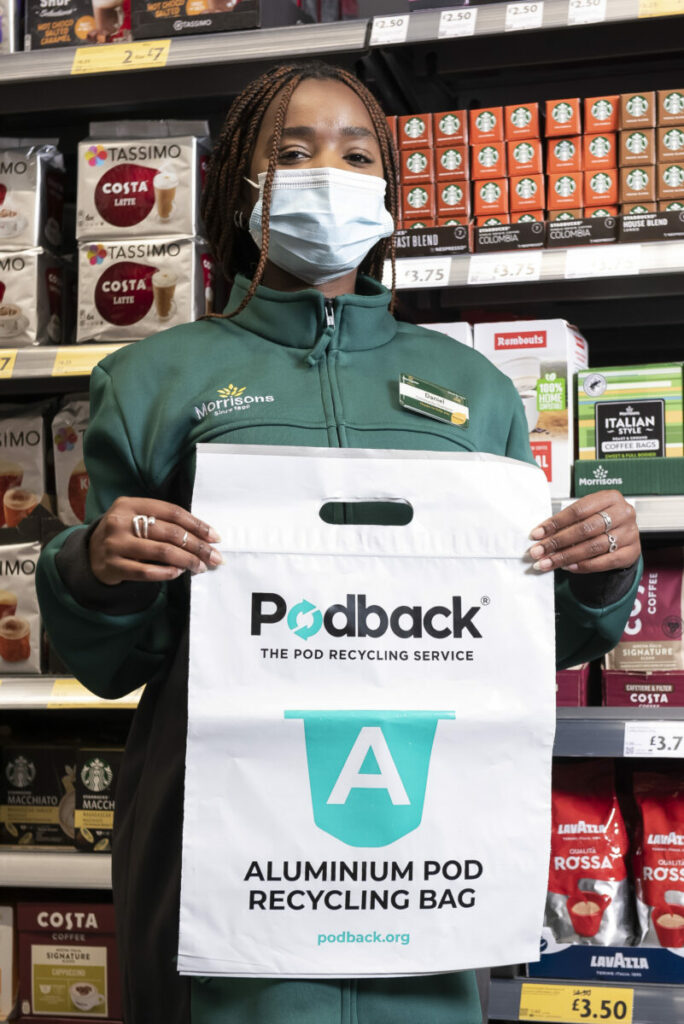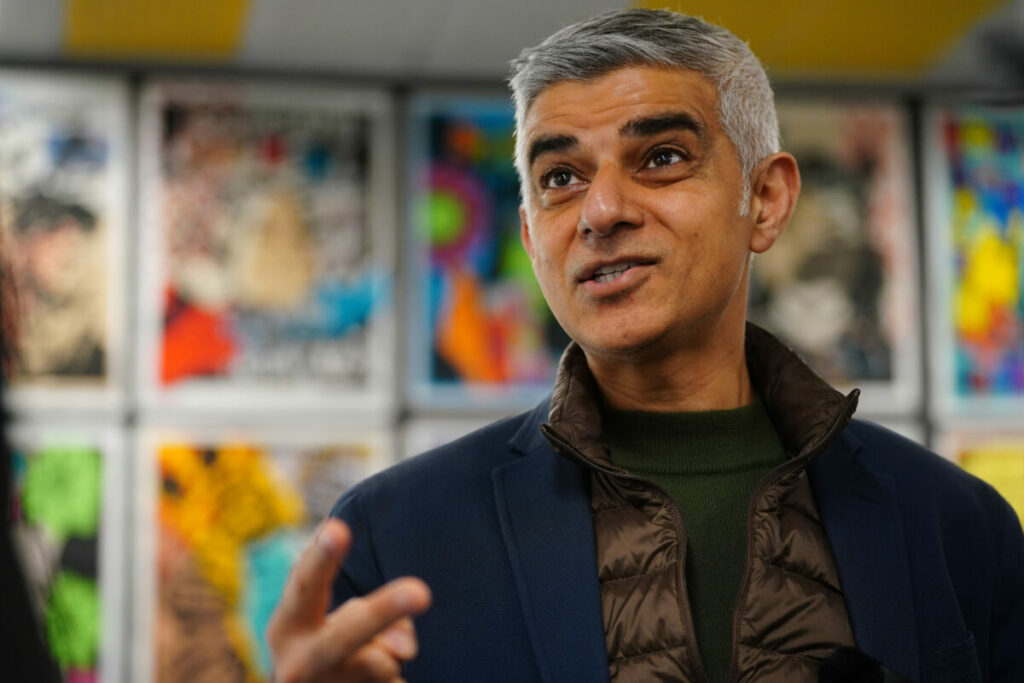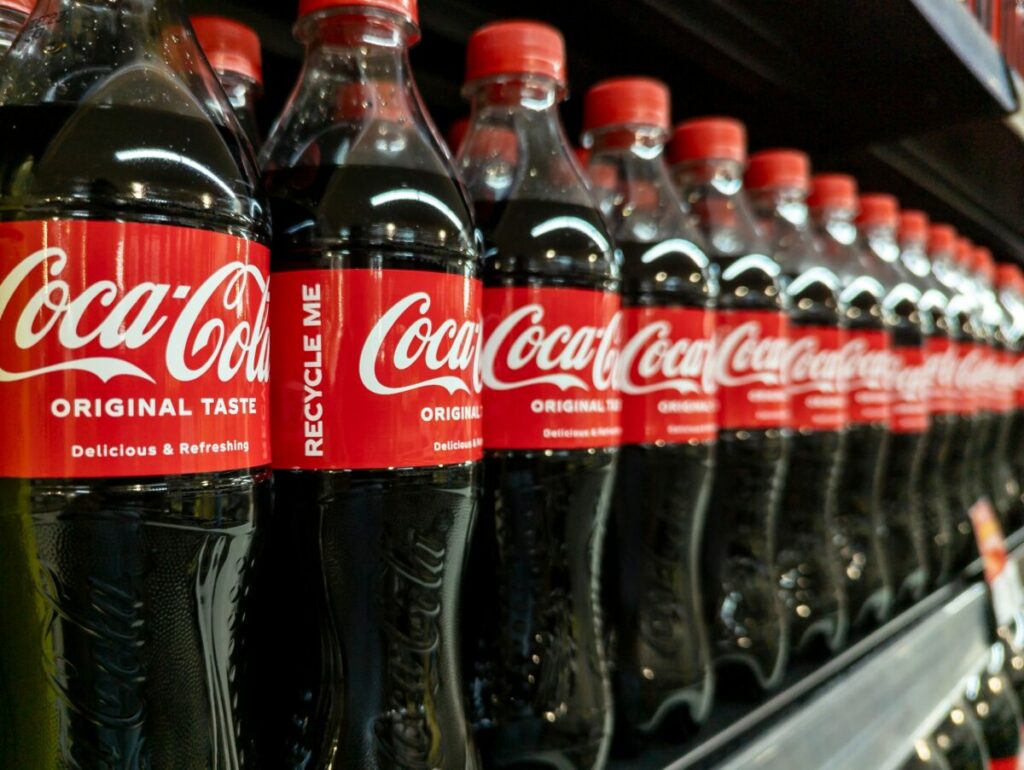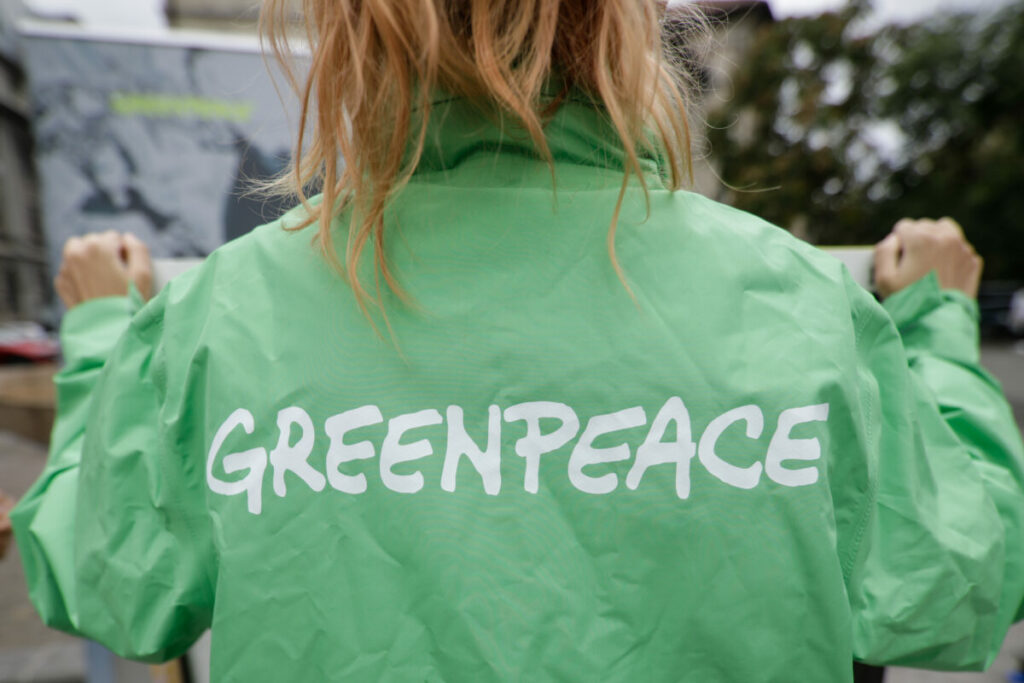Facilities management firm ISS says it is well on track to meet its 50% waste reduction target by 2027, and has also made progress against its global food service sustainability targets with a 30% food waste reduction target from its 2019 baseline.
In addition, in efforts to meet its World Resource Institute’s Cool Food Pledge, ISS has also reduced the greenhouse gas emissions per 1,000 kcal within the food it serves globally.
To carry out the changes, ISS looked at strategically planned menus, changing consumer behaviour patterns and used artificial intelligence from the firm Winnow to help gather data – the firm said this led to the equivalent of 4,200 tonnes of Co2 emissions.
Subscribe to Sustainability Beat for free
Sign up here to get the latest sustainability news sent straight to your inbox everyday
“A key element of the programme was to enhance our focus on innovation and leverage data and insights across our global operations,” said ISS head of group food services Hamish Cook.
“Our partnership with technology company Winnow has been a key lever in this endeavour. By integrating Winnow’s Artificial Intelligence solutions into restaurants and kitchens, our chefs are empowered with knowledge about plate waste and consumer patterns, which helps them to optimise food production and portion sizes – thereby reducing food and plastic waste.”
He added: “Our key priority is to encourage our customers to make more sustainable choices, benefiting both the climate and personal health.”
“This means that we are enhancing innovative recipes development, menu concepts, and comprehensive culinary training”.
The business has an overall commitment to achieving reduced Scope 1 and 2 emissions by 2030 and attaining full-scope net zero emissions by 2040.
In collaboration with Unilever, the firm is incorporating WWF and Unilever’s suggestions for ‘Future 50 foods, featuring recipes designed with a minimal carbon footprint in mind.


